This segment focuses on the importance of staff care and self-care for service providers and helpers working directly with victims of human trafficking and individuals on the move. Whether in non-governmental organisations (NGOs) or shelters managed by the government, it is crucial to prioritise the well-being of these professionals due to the demanding nature of their work and the challenges they face.
The work carried out by NGOs and shelter staff can be emotionally and mentally draining. Professionals, including those involved in mental health and psychosocial support, often encounter distressing and traumatic experiences while working with vulnerable populations. Continuous exposure to such situations can lead to emotional stress, work burnout, physical ailments, and high rates of absence from work.
To address these challenges, it is essential to implement staff care approaches and self-care strategies. The material available for download contains the staff care approach and a manual specifically designed for NGOs. It also includes a practical example of a programme implemented by the NGO “Zene sa Une”.
By prioritising staff care and self-care, organisations can better support their employees and mitigate the negative effects of their demanding work. This, in turn, ensures the well-being and effectiveness of service providers and helpers, allowing them to continue their vital work in assisting victims of THB and individuals on the move.
Addressing the holistic needs of survivors of human trafficking and people on the move requires a comprehensive understanding of the trauma they have endured and the provision of effective interventions. By integrating the insights from the manual on body therapy and the importance of staff care, NGOs can create an inclusive and supportive environment for both survivors and their employees. With collective effort from organisations, practitioners, and supportive programmes like the Staff Wellness and Resiliency Building Programme, we can empower survivors, promote well-being, and contribute to the creation of a more compassionate and resilient society.


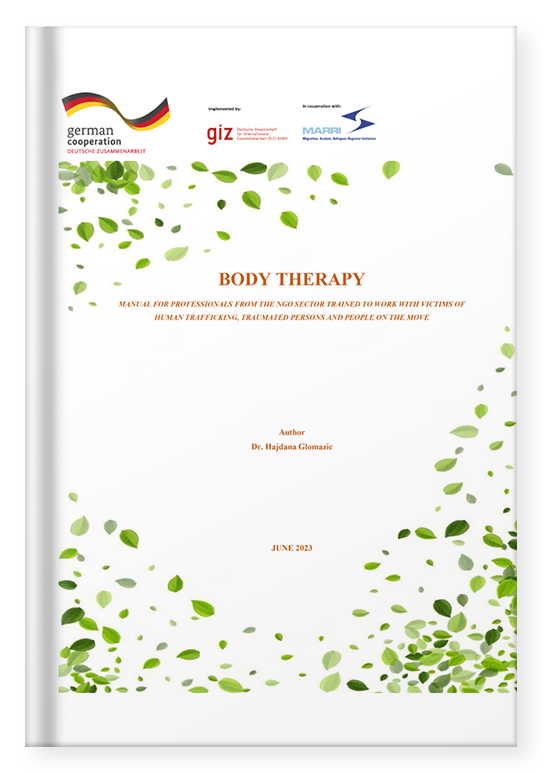


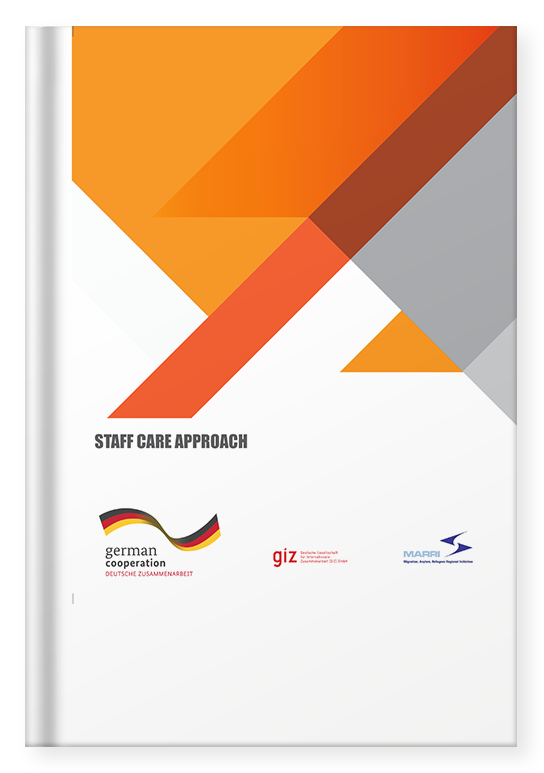
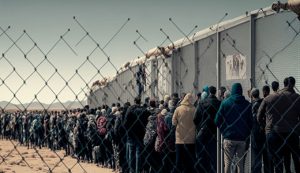 The PaCT project, in collaboration with NGOs, has implemented tailored mental health and psychosocial support approaches for vulnerable populations within migration flows.
The PaCT project, in collaboration with NGOs, has implemented tailored mental health and psychosocial support approaches for vulnerable populations within migration flows.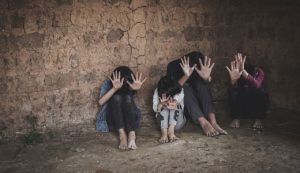 The focus of this segment is on providing comprehensive mental health and psychosocial support to all victims of human trafficking seeking refuge in shelters.
The focus of this segment is on providing comprehensive mental health and psychosocial support to all victims of human trafficking seeking refuge in shelters.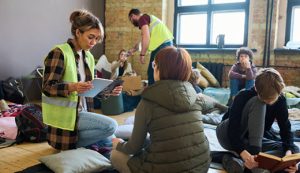 This segment highlights the significance of prioritizing staff care and self-care strategies for service providers and helpers working with victims of human trafficking and individuals on the move.
This segment highlights the significance of prioritizing staff care and self-care strategies for service providers and helpers working with victims of human trafficking and individuals on the move.